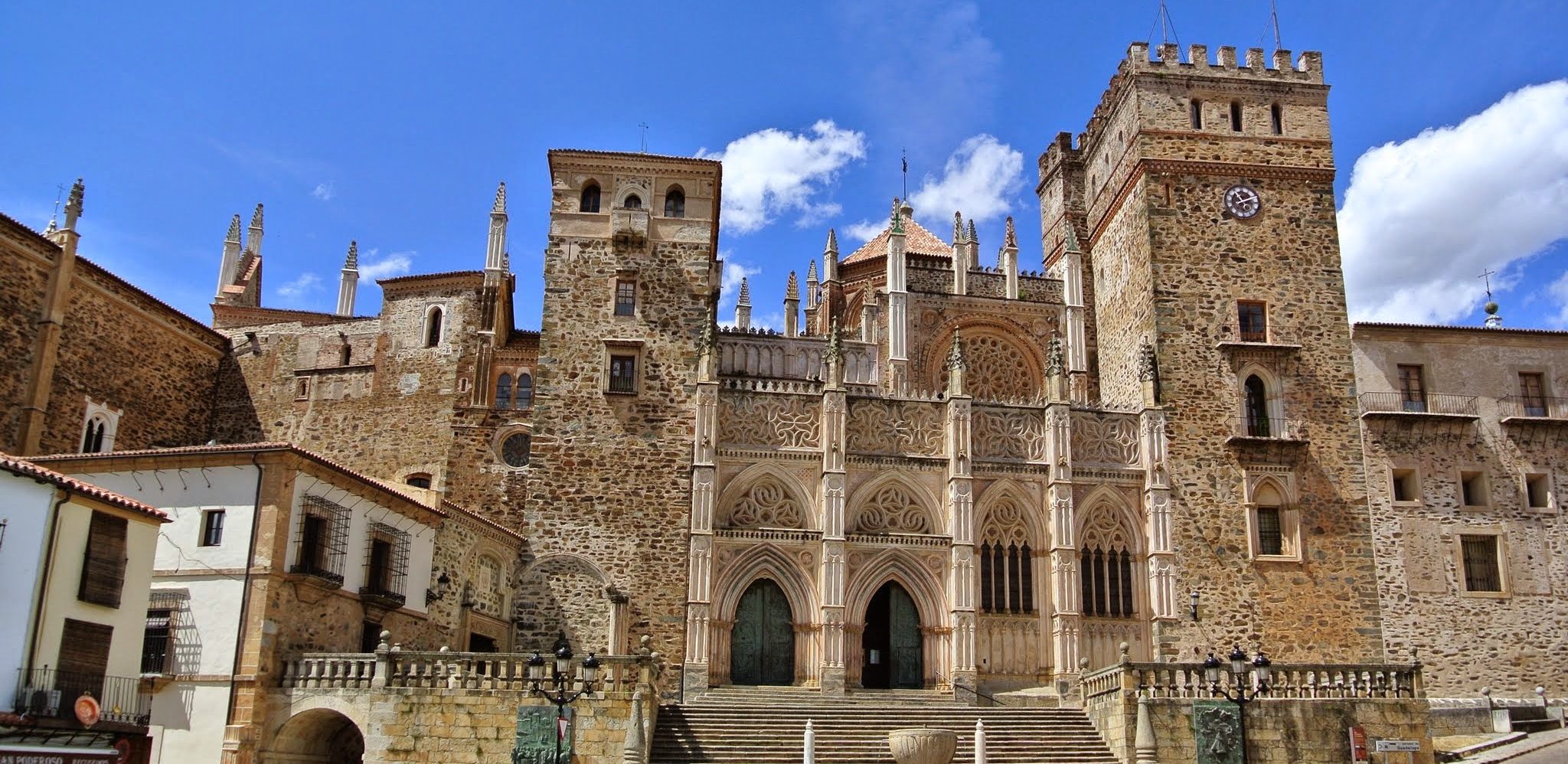This program requires a language proficiency of 300 level or higher. This can be met by completing Spanish 2020 or 2970 or placing at the 3000 level or higher on our placement exam. Students are required to take at least 4 courses (12 credits) while you’re abroad for the semester. If you want to take one more class, it will raise the program fee. Talk with your advisor to see which courses would be right for you. Course offerings may vary, depending on enrollment, but no matter what, the program directors will ensure that you get your credits from the program. Courses that are typically offered include:
- SPAN 3040: Spanish for Global Professionals (if this one interests you, check out our LCP Program!)
- SPAN 3140: Textual and Media Analyses
- SPAN 3210: Spanish Civilization
- SPAN 3230: Spain Today
- SPAN 3300: Studies in Spanish Literature
- SPAN 3510: Introduction to Spanish-English Translation
- SPAN 3520: Introduction to Spanish Phonology
- SPAN 4630: 21st Century Spanish
- SPAN 4990: Internship in Spanish*
See program director for specific course information. *SPAN 4990 requires director approval.
Internships (SPAN 4990)
You can participate in an internship for credit while you are in Cáceres! We can accommodate general areas of interest (like business, education, engineering, health, etc.), but we can’t guarantee an exact fit. If you’re interested in an internship abroad, talk with a program director and get more information on internships here.
Transfer Credits
Credits earned in Cáceres return to ISU as transfer credits in residence. This means that transfer credit earned in Cáceres as part of this program does not count in the overall number of credits a student transfers to ISU and, therefore, the limits on non-residential credit or transfer credit in the final 32 credits before graduation DO NOT APPLY.
The University
The Universidad de Extremadura has two locations, one in the parte antigua of Cáceres, and a new, American-style campus just outside the city. Near both locations of the university there are numerous cafes and bars serving inexpensive meals where students can eat tapas, chat, dance or listen to music. In the city center, there are several shops, cafes, restaurants and cinemas that cater to the city’s student population. Students may wish to invest in a bus pass for transportation to the university.
Classes at the newer campus are designed to coordinate exactly with courses offered by the Department of World Languages and Cultures but will be taught by faculty members from the University of Extremadura. These courses are organized for and attended only by ISU students.
Check out the University’s Information for International Students.


